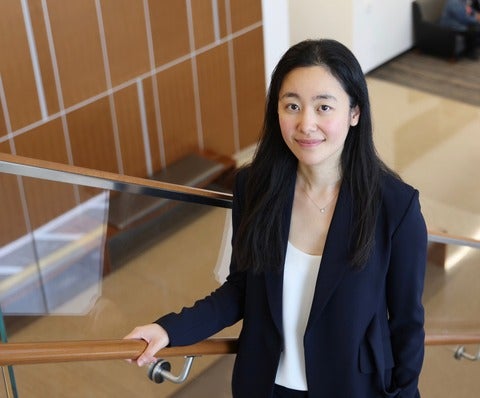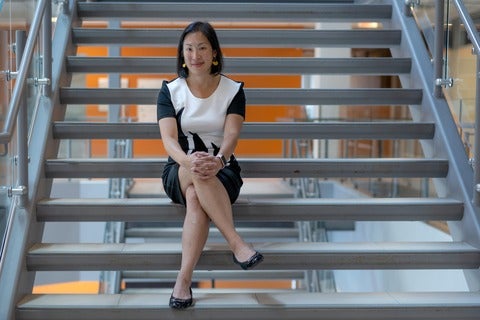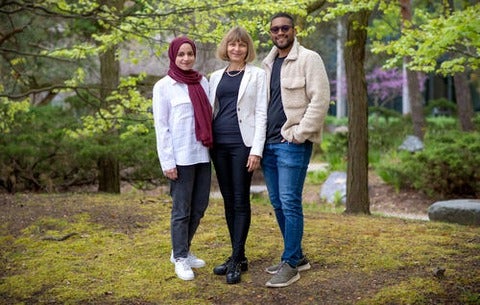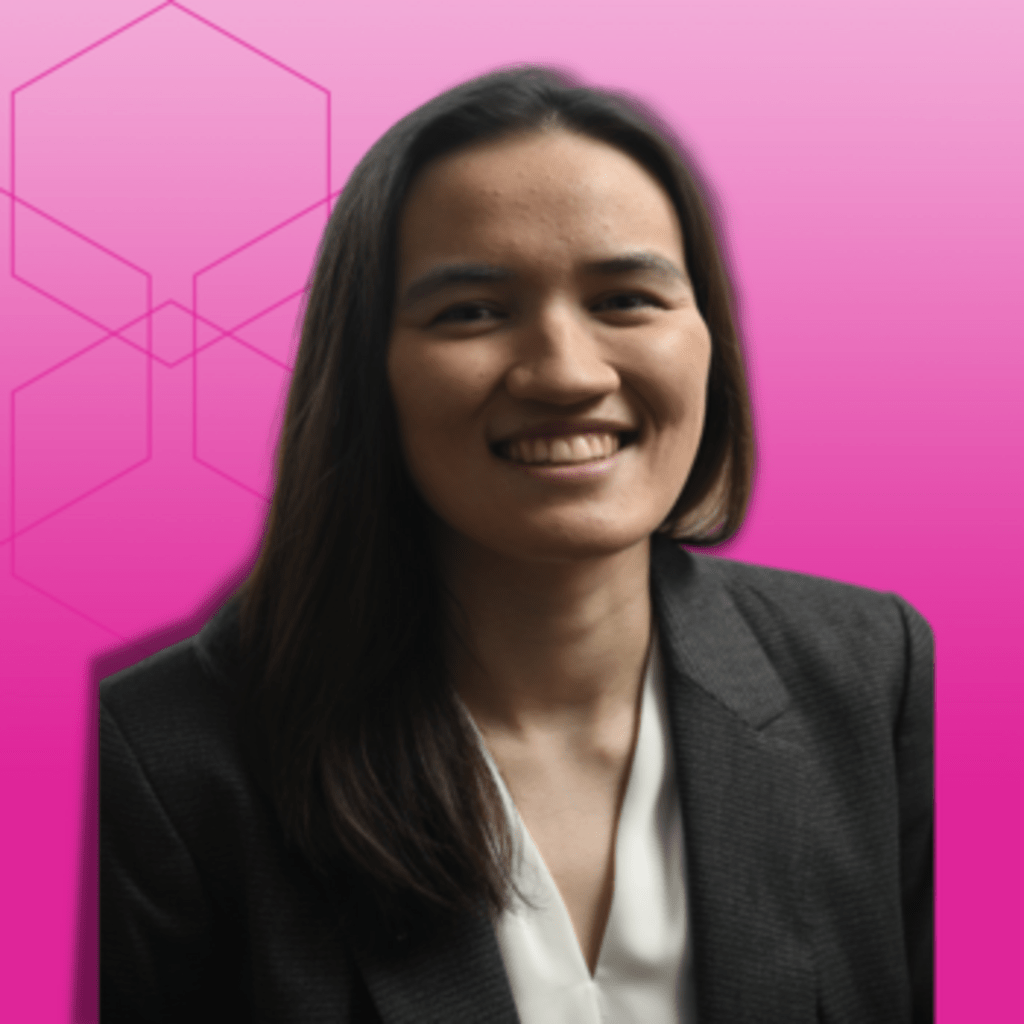New standardizations encryption created by Mathematics alumni and researchers
As we enter the digital age and work to harness the potential of quantum computing, there is an increase in risk of new forms of cyber-attacks. To prepare for these attacks, The United States National Institute of Standards and Technology (NIST) called on cryptographers to create new algorithms to protect government and industry communications from attacks by quantum computing.







